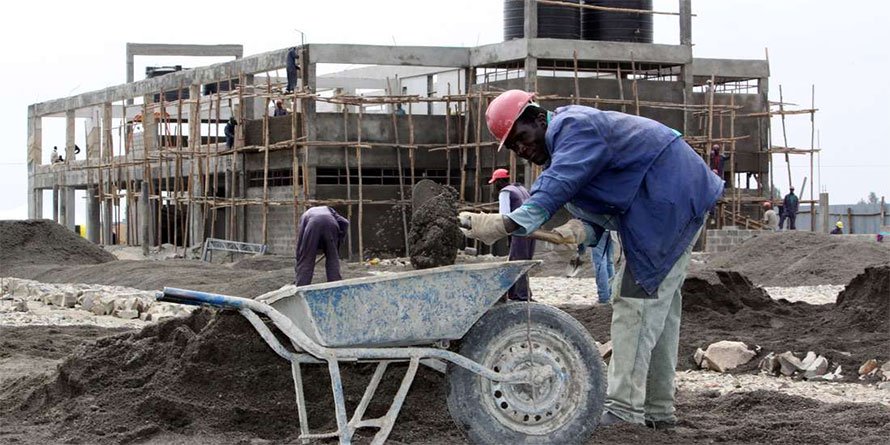The demolition of illegally constructed structures and cancellation of irregular title deeds cut back new building approvals in Nairobi County by more than Sh11 billion in the first quarter, pulling the industry down to a five-year low.
Kenya National Bureau of Statistics (KNBS) data shows Sh48.5 billion worth of new residential and commercial real estate projects were approved between January and March this year, a 19.2 percent drop from Sh60.1 billion in the first three months of last year.
The slowdown had a negative impact on construction and building material manufacturers, suppliers, transporters as well as retail hardware shops, which reported lower earnings with fewer jobs for skilled and unskilled artisans.
The drop in new approvals matches numbers last recorded in 2015, when the value of projects approved for development in Nairobi stood at Sh45.3 billion.
The slump came after Governor Mike Sonko’s warning to his officers on the approval of illegal projects in the city.
“Due diligence must be followed to ensure only projects with clean title deeds are allowed,” he said, while warning that officers who flouted regulations would be held personally liable.
State agencies have been approaching applications for approval of new buildings with caution after last year’s demolition campaign where several multi-billion shilling properties standing on road reserves, riparian and forest lands were brought down.
The demolitions raised fears over authenticity of land ownership papers, prompting many investors to withhold planned developments.
The government has promised the creation of a digital land register that will in future be used in confirming state of land ownership before lenders or investors consider funding any project.
The confusion on the authenticity of land documents appears to have disrupted off-plan sales as well as property purchases leading to higher loan defaults by developers in the past year.
The Central Bank of Kenya’s end-year quarterly report revealed that real estate developers were the biggest loan defaulters at Sh44.4 billion, a 15.8 percent rise or Sh6.1 billion more outpacing non-performing loans by manufacturers (11.7 percent) and traders (7.3 percent).
The real estate sector last year received Sh113.7 billion in loans from commercial bank but 2019 appears to be hurting private sector players as sales have dipped forcing some financiers to auction ongoing projects for non-servicing of loans.
Suraya Properties is the latest victim that had to renegotiate a new Sh1.9 billion loan facility with four lenders to facilitate completion of four projects that it blamed on low sales that adversely affected their cashflow thereby hurting their project completion deadlines.
Cement manufacturers also reported a three percent drop in sales in the first quarter, where 1.45 million tonnes were consumed compared to 2018’s first three months when 1.5 million tonnes were supplied to various construction sites.
Drop in cement consumption could also be attributed to the near completion of the Sh150 billion Naivasha-Nairobi Standard Gauge Railway Project that is due for commissioning later this month.
Cement consumption grew by a paltry 1.6 percent last year to 5.95 million tonnes, which saw cement companies reduce production by 2.6 percent to 6.1 million tonnes for the second year in a row.
Source: businessdailyafrica





